The Campaign for Real Ale (Camra) wasted no time in spelling out a crisis for Britain’s pubs for the new prime minister.
An energy price cap for businesses must be a priority to save the licensed trade and stop “devastating consequences” for communities”, Camra said.
Inaction will lead to pubs having to choose between charging up to £20 per pint or, far more likely, shutting their doors for good, the not-for-profit consumer group warned.
‘Astronomical’ bills
Camra chairman Nik Antona said: “Camra is urging the prime minister to take urgent action to introduce an energy price cap to help the UK’s world-famous pubs and breweries with the astronomical energy bills which threaten to destroy livelihoods and close scores of pubs for good.
“If pubs increased prices for consumers at the same rate as their energy bills, we would be paying £15 or £20 per pint at the bar – which obviously isn’t viable.
“Without help reaching them quickly many businesses that survived the pandemic will be forced to close their doors for good, with devastating consequences for communities up and down the country.”
Hotels are also feeling the squeeze amid rocketing energy prices.
A spokeman for Aberdeen City and Shire Hotels Association said: “Many hospitality businesses are facing tough decisions.
“These decisions are significantly influenced by the accelerated cost of doing business and inconsistent availability of resources in the supply chain, as well as a low availability of available workforce – especially in the kitchen and management levels.
“Combined with a drop in disposable income for our customers, together with declines in city centres that includes fewer high street retail choices, demand for travel and restaurant bookings are in decline, resulting in grave concerns about revenue streams in the leaner winter months ahead.”
Tourism group’s demands for PM
Meanwhile, the Scottish Tourism Alliance (STA), representing Scotland’s tourism industry, called for emergency support from Ms Truss and her new administration.
STA wants:
- An “urgent freeze” on the energy price cap for households and the application of a similar measure for businesses.
- A VAT reduction to 12.5% on supplies relating to hospitality, accommodation and visitor attractions, as was in place earlier in the pandemic.
- A deferral of Coronavirus Business Interruption Loan Scheme repayments.
- Urgent support for businesses struggling to secure new energy contracts.
- An immediate review of immigration rules and associated costs to help address “significant” labour workforce shortages in the sector.
- Extra funding to the Scottish Government from Westminster to allow a 12-month extension of business rates relief.
STA chief executive Marc Crothall said: “Our tourism and hospitality sectors are facing a cost-of-doing-business-crisis, coping with unprecedented challenges of recovery from the Covid-19 pandemic, rising energy prices, increasing costs of goods and materials and double-digit inflation which continues to rise.”
“With households reducing spending dramatically to cope with soaring energy bills, tourism and hospitality are emerging as the sectors in the most precarious of trading conditions.”
Three-quarters of bars and restaurants ‘facing collapse’
Mr Crothall added: “The cost pressure on businesses to make substantial deposits to secure their supply from energy companies is already making trading impossible for many within our sector.
“It has been reported that as many as 75% of Scotland’s bars and restaurants will collapse this winter if a business cap on energy prices is not introduced. Some have already been forced to close their doors.”
The tourism sector is at a crossroads in deciding how and when to trade, with permanent closure now a “serious risk to the majority of businesses”, Mr Crothall said.
He added: “The knock-on effect puts the supplier chain at risk and plunges thousands of households further into economic crisis. The impact on the appeal and competitiveness of Scotland’s tourism sector within a global market will be significantly reduced.
“STA looks forward to what will, hopefully be productive discussions with the UK Government departments over the coming weeks for the benefit of tourism UK-wide.”
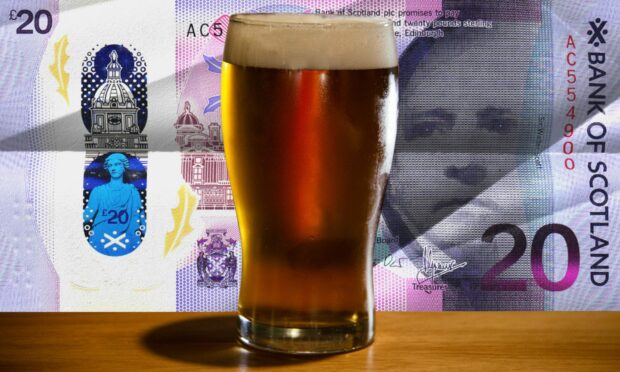
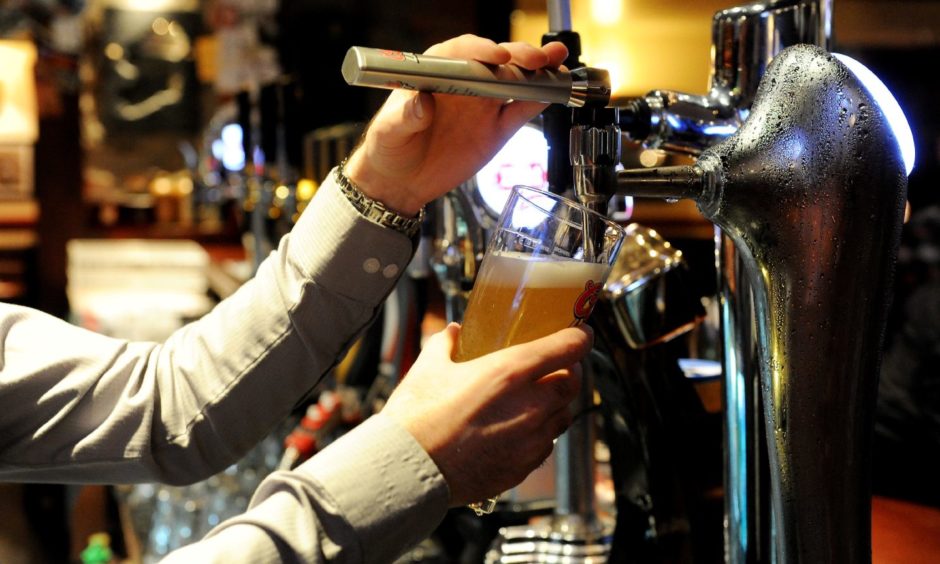
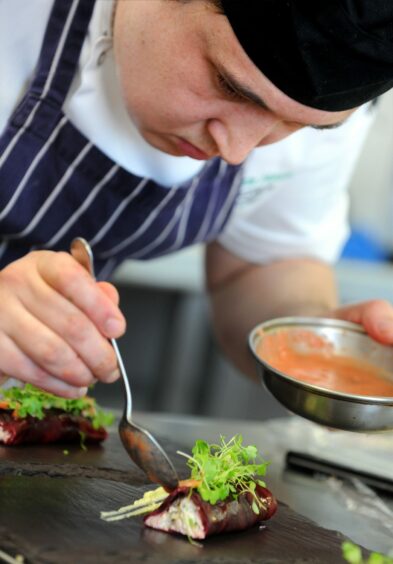
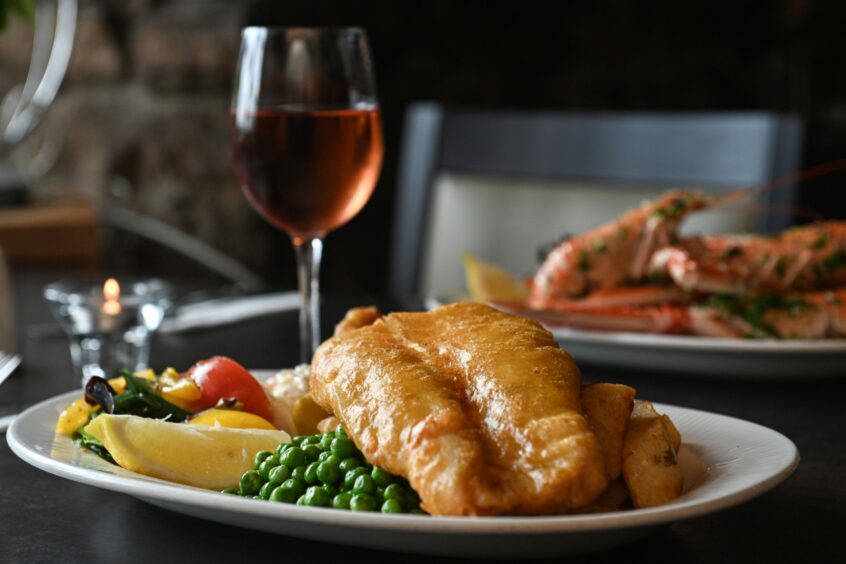
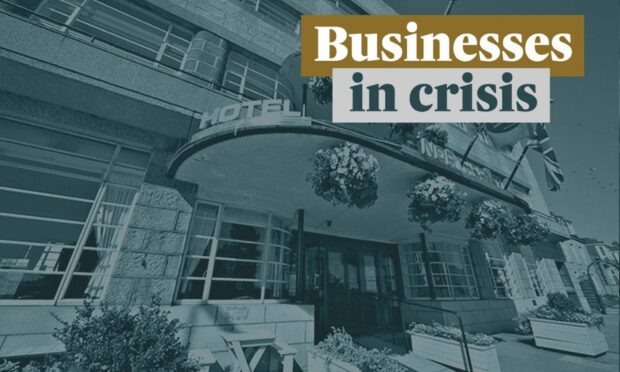

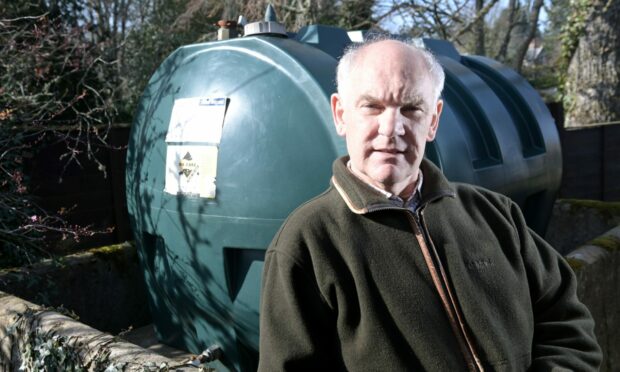
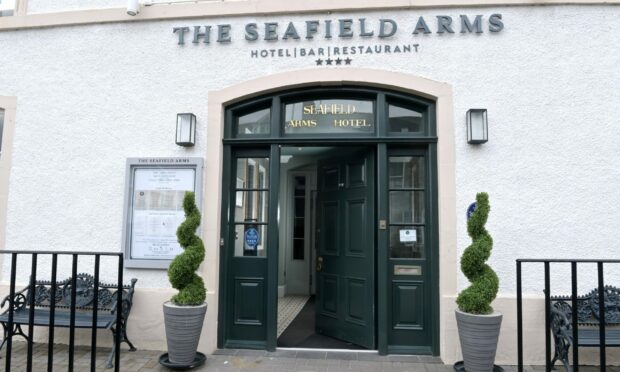
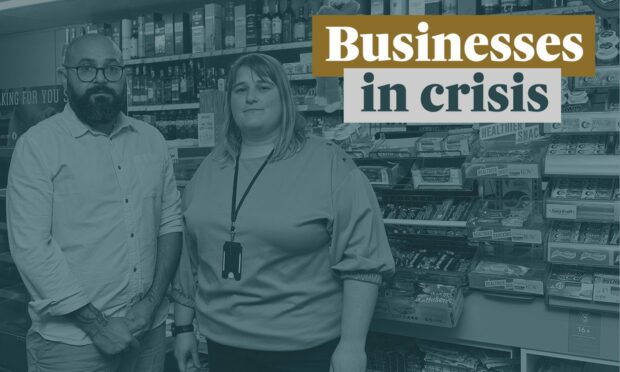
Conversation